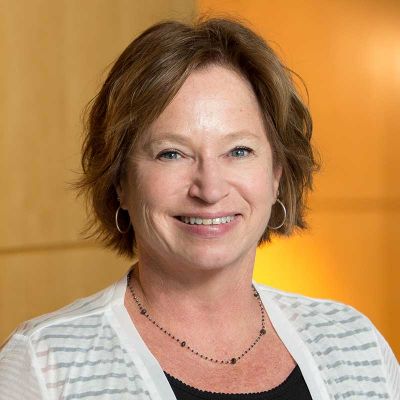2009 Outstanding Teacher of the Year Award Recipient
Dr. Nancy Elwell came to Concordia in 1997 as the Director of the Concordia Student Employment Program. Since 1997 she has held the positions of Director, Degree Completion Program; Director, Educational Administration Program; Assistant and Associate Professor of Psychology; Dean of the College of Education, Health and Human Sciences, University Assessment Coordinator and Professor of Psychology.
Dr. Elwell was awarded the Outstanding Teaching Award in 2009 and chaired the COVID – 19 Reopening Task Force.
Education
Ph.D. Psychology, Capella University, Minnesota, 2004
Specialization: Educational Psychology
M.A. Educational Psychology, University of Nebraska – Lincoln, 1991
Specialization: Tests and Measurements
B.S. Elementary Education, Chadron State College, Nebraska, 1982
Special Emphasis: English, Psychology
Endorsement: Middle school – Mathematics
Courses Taught
Dr. Elwell has taught numerous courses at the undergraduate and graduate levels. Most recently she has focused on undergraduate developmental and graduate abnormal psychology classes. Courses taught include:
• Lifespan Development
• Adult Development and Aging
• Mental Health and Aging
• Social Gerontology
• Social Psychology
• Introduction to Psychological and Sociological Research
• Applied Research
• Abnormal Psychology
• Case Studies in Abnormal Psychology
• Personality Theory
• Internship in Psychology
• Capstone Seminar
“Sitting in chapel day one in the summer of 1997, I knew that Concordia was a special place. Every day, every week, every month, every year since I have been excited to teach and to share my life with my students and Concordia family.”
Dr. Nancy Elwell
Dr. Nancy Elwell's Academic Programs
Undergraduate
Psychology
The bachelor’s degree in psychology at Concordia is ideal for students seeking a strong theoretical foundation in the field of psychology. Offering a diverse psychology curriculum, Concordia Nebraska’s psychology professors use approaches that range from the scientific to philosophical and the experimental to the theoretical.
